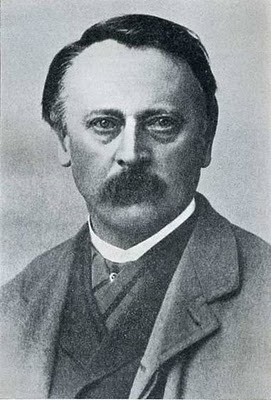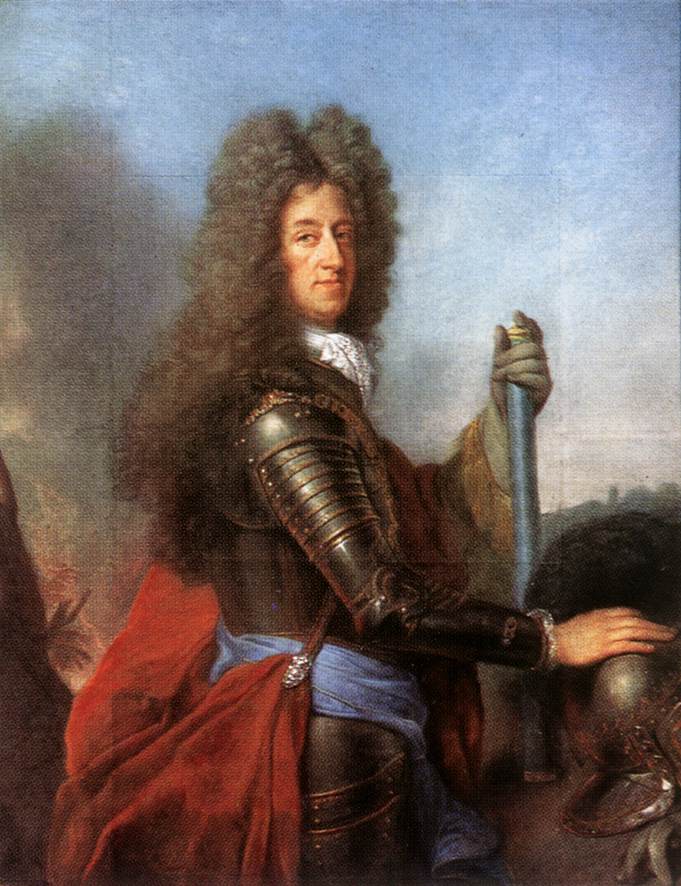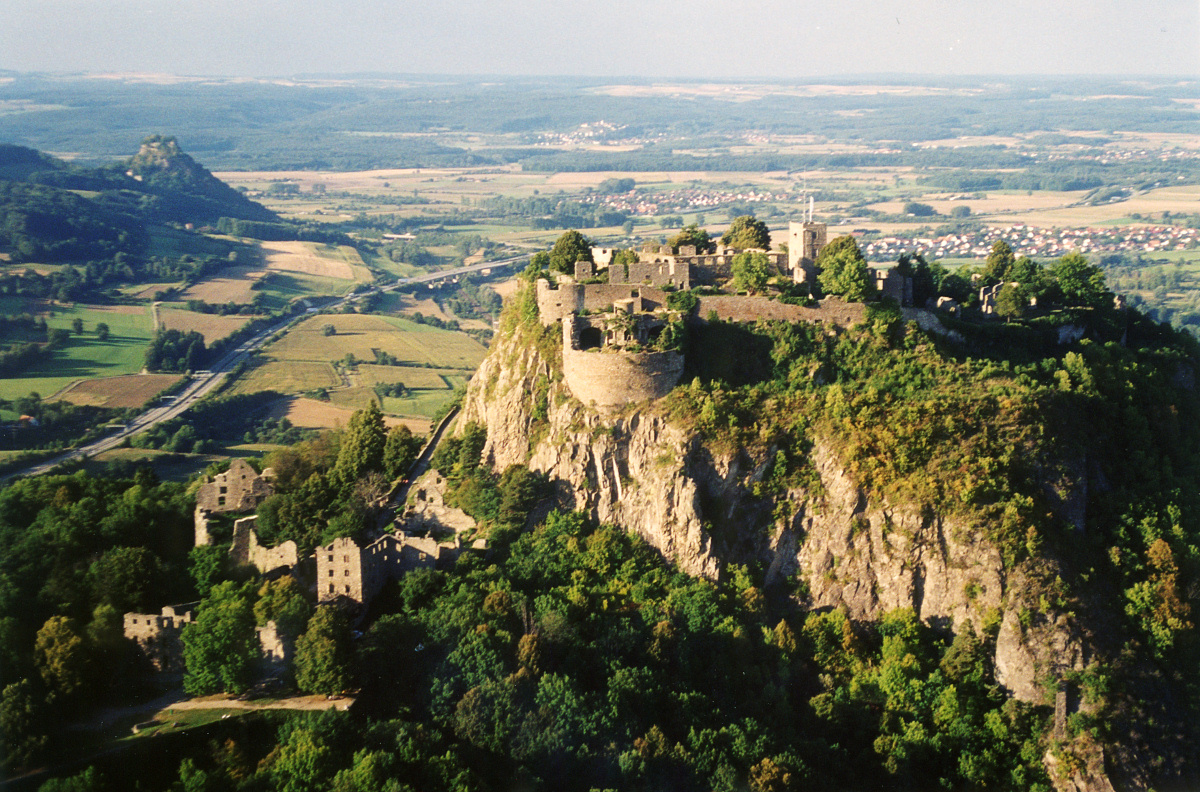|
Battle Of Neuburg (1800)
The Battle of Neuburg occurred on 27 June 1800 in the south German state of Bavaria, on the southern bank of the Danube river. Neuburg is located on the Danube between Ingolstadt and Donauwörth. This battle occurred late in the War of the Second Coalition (1798–1802), the second war between Revolutionary France and the conservative European monarchies, which included at one time or another Britain, Habsburg Austria, Russia (until late 1799), the Ottoman Empire (Turkey), Portugal and Naples. After a series of reverses, several of the allies withdrew from the Coalition. By 1800, Napoleon's military victories in northern Italy challenged Habsburg supremacy there. French victories in the upper Danubian territories opened a route along that river to Vienna. In a series of battles in what is now southern Germany, the French pushed the combined Austrian and Coalition force back, first capturing Stockach, then Meßkirch, then Biberach. After his loss at Biberach, the Coalitio ... [...More Info...] [...Related Items...] OR: [Wikipedia] [Google] [Baidu] |
War Of The Second Coalition
The War of the Second Coalition (1798/9 – 1801/2, depending on periodisation) was the second war on revolutionary France by most of the European monarchies, led by Britain, Austria and Russia, and including the Ottoman Empire, Portugal, Naples and various German monarchies. Prussia did not join this coalition, and Spain supported France. The overall goal of Britain and Russia was to contain the expansion of the French Republic and restore the monarchy in France, whereas Austria, still weakened and in deep financial debt from the War of the First Coalition, primarily sought to recover its position and come out of the war stronger than it entered. Due in important part to this difference in strategy among the three major allied powers, the Second Coalition failed to overthrow the revolutionary regime, and French territorial gains since 1793 were confirmed. In the Franco–Austrian Treaty of Lunéville in February 1801, France held all its previous gains and obtained new land ... [...More Info...] [...Related Items...] OR: [Wikipedia] [Google] [Baidu] |
Battle Of Wiesloch (1799)
The Battle of Wiesloch (german: :de:Schlacht bei Wiesloch#Zweiter Koalitionskrieg, Schlacht bei Wiesloch) occurred on 3 December 1799, during the War of the Second Coalition, part of the French Revolutionary Wars. Lieutenant Field Marshal Anton Count Sztáray de Nagy-Mihaly commanded the far right wing protecting the main Austrian army in Swabia, under the command of Archduke Charles, Duke of Teschen. With the victory at Wiesloch (on 3 December), Sztáray's force drove the French from the right bank of the Rhine and relieved the fortress at Philippsburg. References External linksWiesloch Battles of the French Revolutionary Wars Battles involving France Battles involving Austria Battles of the War of the Second Coalition Conflicts in 1799 1799 in the Holy Roman Empire {{Europe-hist-stub ... [...More Info...] [...Related Items...] OR: [Wikipedia] [Google] [Baidu] |
Russia
Russia (, , ), or the Russian Federation, is a List of transcontinental countries, transcontinental country spanning Eastern Europe and North Asia, Northern Asia. It is the List of countries and dependencies by area, largest country in the world, with its internationally recognised territory covering , and encompassing one-eighth of Earth's inhabitable landmass. Russia extends across Time in Russia, eleven time zones and shares Borders of Russia, land boundaries with fourteen countries, more than List of countries and territories by land borders, any other country but China. It is the List of countries and dependencies by population, world's ninth-most populous country and List of European countries by population, Europe's most populous country, with a population of 146 million people. The country's capital and List of cities and towns in Russia by population, largest city is Moscow, the List of European cities by population within city limits, largest city entirely within E ... [...More Info...] [...Related Items...] OR: [Wikipedia] [Google] [Baidu] |
Austrian Monarchy
The Habsburg monarchy (german: Habsburgermonarchie, ), also known as the Danubian monarchy (german: Donaumonarchie, ), or Habsburg Empire (german: Habsburgerreich, ), was the collection of empires, kingdoms, duchies, counties and other polities that were ruled by the House of Habsburg, especially the dynasty's Austrian branch. The history of the Habsburg monarchy can be traced back to the election of Rudolf I as King of Germany in 1273 and his acquisition of the Duchy of Austria for the Habsburg in 1282. In 1482, Maximilian I acquired the Netherlands through marriage. Both realms passed to his grandson and successor, Charles V, who also inherited the Spanish throne and its colonial possessions, and thus came to rule the Habsburg empire at its greatest territorial extent. The abdication of Charles V in 1556 led to a division within the dynasty between his son Philip II of Spain and his brother Ferdinand I, who had served as his lieutenant and the elected king of Hungary and Boh ... [...More Info...] [...Related Items...] OR: [Wikipedia] [Google] [Baidu] |
Great Britain
Great Britain is an island in the North Atlantic Ocean off the northwest coast of continental Europe. With an area of , it is the largest of the British Isles, the largest European island and the ninth-largest island in the world. It is dominated by a maritime climate with narrow temperature differences between seasons. The 60% smaller island of Ireland is to the west—these islands, along with over 1,000 smaller surrounding islands and named substantial rocks, form the British Isles archipelago. Connected to mainland Europe until 9,000 years ago by a landbridge now known as Doggerland, Great Britain has been inhabited by modern humans for around 30,000 years. In 2011, it had a population of about , making it the world's third-most-populous island after Java in Indonesia and Honshu in Japan. The term "Great Britain" is often used to refer to England, Scotland and Wales, including their component adjoining islands. Great Britain and Northern Ireland now constitute the ... [...More Info...] [...Related Items...] OR: [Wikipedia] [Google] [Baidu] |
Donauwörth
Donauwörth () is a town and the capital of the Donau-Ries district in Swabia, Bavaria, Germany. It is said to have been founded by two fishermen where the rivers Danube (Donau) and Wörnitz meet. The city is part of the scenic route called "Romantische Straße" (Romantic Road). The city is situated between Munich and Nuremberg, 46 km north of Augsburg. History Donauwörth grew up in the course of the 11th and 12th centuries under the protection of the castle of Mangoldstein, became in the 13th century a seat of Duke Ludwig II of Bavaria, who, however, soon withdrew to Munich to escape from his wife, Duchess Maria of Brabant, whom he had there beheaded on an unfounded suspicion of infidelity. The town received the freedom of the Holy Roman Empire in 1308, and maintained its position in spite of the encroachments of Bavaria till 1607, when the interference of the Protestant inhabitants with the abbot of the Heilig-Kreuz called forth an imperial law authorizing the duke of Bav ... [...More Info...] [...Related Items...] OR: [Wikipedia] [Google] [Baidu] |
Ingolstadt
Ingolstadt (, Austro-Bavarian: ) is an independent city on the Danube in Upper Bavaria with 139,553 inhabitants (as of June 30, 2022). Around half a million people live in the metropolitan area. Ingolstadt is the second largest city in Upper Bavaria after Munich and the fifth largest city in Bavaria after Munich, Nuremberg , Augsburg and Regensburg. The city passed the mark of 100,000 inhabitants in 1989 and has since been one of the major cities in Germany. After Regensburg, Ingolstadt is the second largest German city on the Danube. The city was first mentioned in 806. In the late Middle Ages, the city was one of the capitals of the Bavarian duchies alongside Munich, Landshut and Straubing, which is reflected in the architecture. On March 13, 1472, Ingolstadt became the seat of the first university in Bavaria, which later distinguished itself as the center of the Counter-Reformation. The freethinking Illuminati order was also founded here in 1776 . The city was also a Bavari ... [...More Info...] [...Related Items...] OR: [Wikipedia] [Google] [Baidu] |
Danube River
The Danube ( ; ) is a river that was once a long-standing frontier of the Roman Empire and today connects 10 European countries, running through their territories or being a border. Originating in Germany, the Danube flows southeast for , passing through or bordering Austria, Slovakia, Hungary, Croatia, Serbia, Romania, Bulgaria, Moldova, and Ukraine before draining into the Black Sea. Its drainage basin extends into nine more countries. The largest cities on the river are Vienna, Budapest, Belgrade and Bratislava, all of which are the capitals of their respective countries; the Danube passes through four capital cities, more than any other river in the world. Five more capital cities lie in the Danube's basin: Bucharest, Sofia, Zagreb, Ljubljana and Sarajevo. The fourth-largest city in its basin is Munich, the capital of Bavaria, standing on the Isar River. The Danube is the second-longest river in Europe, after the Volga in Russia. It flows through much of Central and Sou ... [...More Info...] [...Related Items...] OR: [Wikipedia] [Google] [Baidu] |
Electorate Of Bavaria
The Electorate of Bavaria (german: Kurfürstentum Bayern) was an independent hereditary electorate of the Holy Roman Empire from 1623 to 1806, when it was succeeded by the Kingdom of Bavaria. The Wittelsbach dynasty which ruled the Duchy of Bavaria was the younger branch of the family which also ruled the Electorate of the Palatinate. The head of the elder branch was one of the seven prince-electors of the Holy Roman Empire according to the Golden Bull of 1356, but Bavaria was excluded from the electoral dignity. In 1621, the Elector Palatine Frederick V was put under the imperial ban for his role in the Bohemian Revolt against Emperor Ferdinand II, and the electoral dignity and territory of the Upper Palatinate was conferred upon his loyal cousin, Duke Maximilian I of Bavaria. Although the Peace of Westphalia would create a new electoral title for Frederick V's son, with the exception of a brief period during the War of the Spanish Succession, Maximilian's descendants wou ... [...More Info...] [...Related Items...] OR: [Wikipedia] [Google] [Baidu] |
Holy Roman Empire
The Holy Roman Empire was a Polity, political entity in Western Europe, Western, Central Europe, Central, and Southern Europe that developed during the Early Middle Ages and continued until its Dissolution of the Holy Roman Empire, dissolution in 1806 during the Napoleonic Wars. From the accession of Otto I in 962 until the twelfth century, the Empire was the most powerful monarchy in Europe. Andrew Holt characterizes it as "perhaps the most powerful European state of the Middle Ages". The functioning of government depended on the harmonic cooperation (dubbed ''consensual rulership'' by Bernd Schneidmüller) between monarch and vassals but this harmony was disturbed during the Salian Dynasty, Salian period. The empire reached the apex of territorial expansion and power under the House of Hohenstaufen in the mid-thirteenth century, but overextending led to partial collapse. On 25 December 800, Pope Leo III crowned the List of Frankish kings, Frankish king Charlemagne as Carolingi ... [...More Info...] [...Related Items...] OR: [Wikipedia] [Google] [Baidu] |
Battle Of Hohenlinden
The Battle of Hohenlinden was fought on 3 December 1800 during the French Revolutionary Wars. A French army under Jean Victor Marie Moreau won a decisive victory over an Austrian and Bavarian force led by 18-year-old Archduke John of Austria. The allies were forced into a disastrous retreat that compelled them to request an armistice, effectively ending the War of the Second Coalition. Hohenlinden is 33 km east of Munich in modern Germany. General of Division Moreau's 56,000-strong army engaged some 64,000 Austrians and Bavarians. The Austrians, believing they were pursuing a beaten enemy, moved through heavily wooded terrain in four disconnected columns. Moreau ambushed the Austrians as they emerged from the Ebersberg forest while launching Antoine Richepanse's division in a surprise envelopment of the Austrian left flank. Displaying superb individual initiative, Moreau's generals managed to encircle and smash the largest Austrian column. This crushing victory, couple ... [...More Info...] [...Related Items...] OR: [Wikipedia] [Google] [Baidu] |
Battle Of Ampfing (1800)
At the Battle of Ampfing on 1 December 1800, Paul Grenier's two divisions of the First French Republic opposed the Austrian army southwest of the town of Ampfing during the French Revolutionary Wars. The Austrians, under the leadership of Archduke John of Austria, forced their enemies to retreat, though they sustained greater losses than the French. Ampfing is located east of Munich and west of Mühldorf am Inn. In Spring 1800, while Moreau wrecked Austrian defenses in Germany, Generals Massena and Desaix ran into stiff Austrian offensives in Northern Italy. In June, Napoleon brought in the reserve corps and defeated the Austrians at Marengo. On the Danube, the decisive Battle of Höchstädt, followed by success at Battle of Neuburg a few days later, allowed the French to take Munich and to control the Danube and its tributaries as far as Ingolstadt. With the French pressing on Austria from the north and through Italy, a truce ended hostilities for the rest of the su ... [...More Info...] [...Related Items...] OR: [Wikipedia] [Google] [Baidu] |







